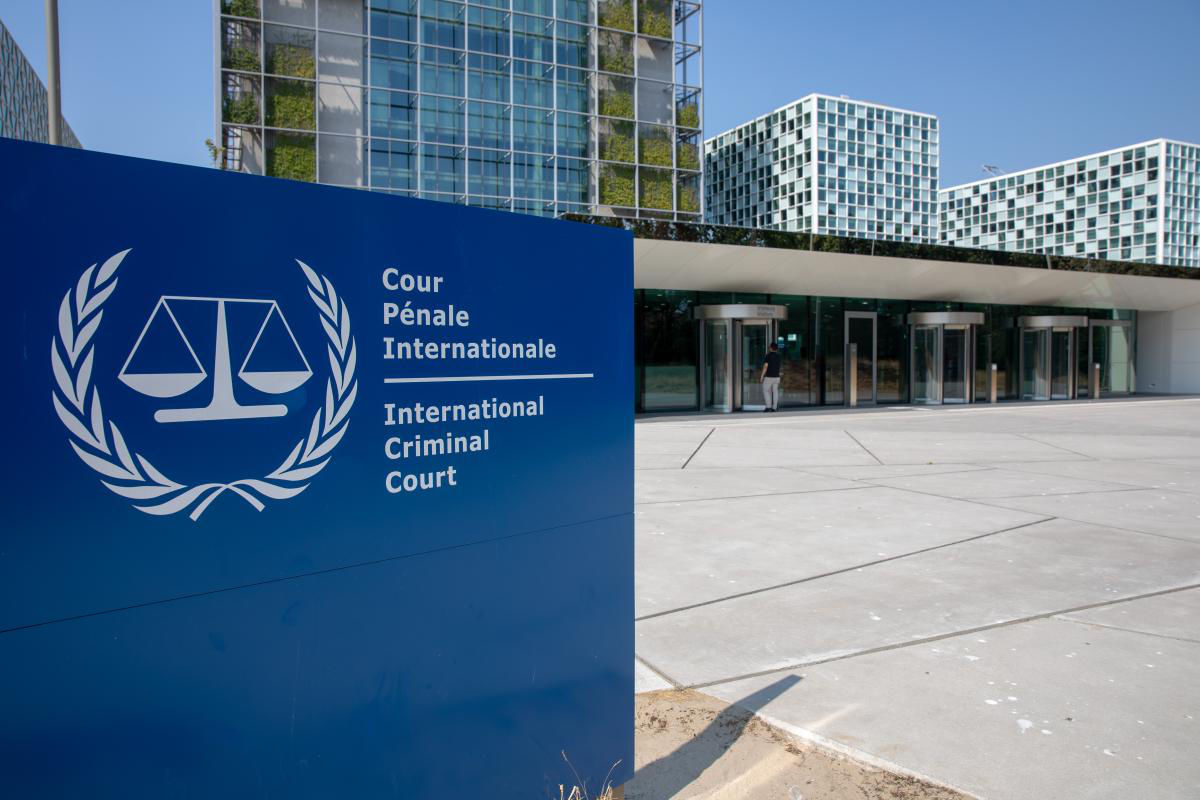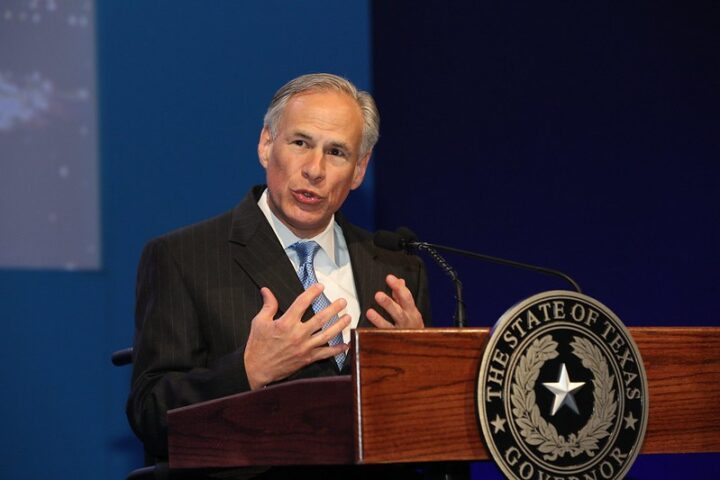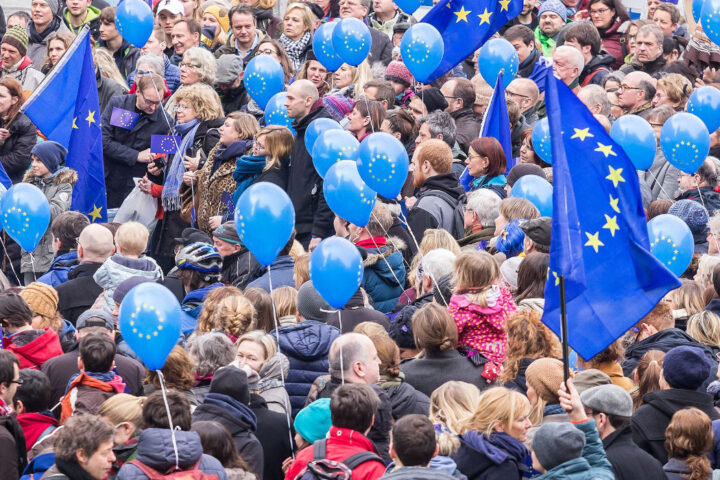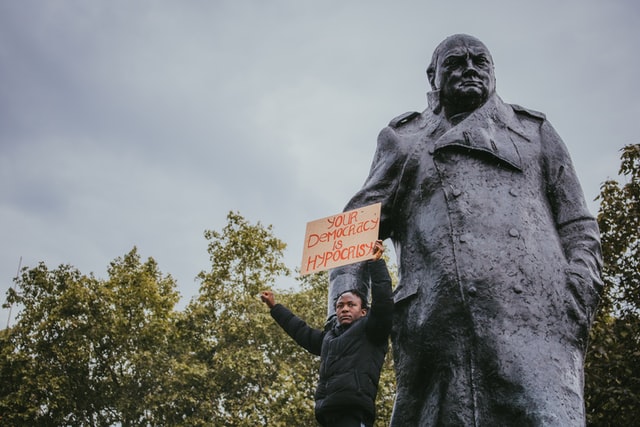The International Criminal Court (ICC) condemned on Friday Donald Trump’s recent executive order imposing sanctions on its officials. In a statement published on its website, the ICC described the U.S. move as a blatant attempt to sabotage its independence and undermine the fundamental principles of international law.
Trump’s executive order is not merely symbolic. The sanctions include asset freezes and visa restrictions for ICC officials and their families. The trigger for this action was the issuance of arrest warrants against Israeli Prime Minister Benjamin Netanyahu and former Defense Minister Yoav Gallant for war crimes committed in Gaza following Hamas attacks in 2023.
In its official statement, the Court declared that it would not yield to political pressure and would continue investigating war crimes regardless of the perpetrators’ power. “We call on all nations to unite in the defense of justice and fundamental human rights,” the institution stated.
Meanwhile, Netanyahu welcomed the decision from Israel. “Thank you, President Trump, for your bold executive order,” his office declared, labeling the ICC as “anti-Semitic and corrupt.”
The sanctions against the ICC pose a real threat to the fight against impunity. Human Rights Watch and Amnesty International have warned that these measures could prevent the ICC from carrying out its work in other regions, affecting investigations into crimes against humanity in places like Sudan, Myanmar, or Syria.
“Victims of human rights violations worldwide turn to the ICC when they have nowhere else to go. Trump’s order will make it harder for them to find justice,” Charlie Hogle, an ACLU lawyer, told AP.
On the other hand, some European countries, including the Netherlands, have begun mobilizing efforts to mitigate the impact of the sanctions and ensure that the ICC can continue its operations.
The confrontation between the United States and the ICC is not new. Since the court’s founding in 2002, Washington has done everything possible to prevent its citizens from being investigated for war crimes. In 2020, Trump had already imposed sanctions against then-ICC Prosecutor Fatou Bensouda for launching an investigation into Afghanistan. Biden lifted those sanctions, but with this new executive order, the intimidation strategy appears to be making a strong comeback.
However, this hardline policy could have unintended consequences. By attacking the ICC, the United States is weakening its own diplomatic standing and eroding the international justice system that it has, in other contexts, used to its advantage.




